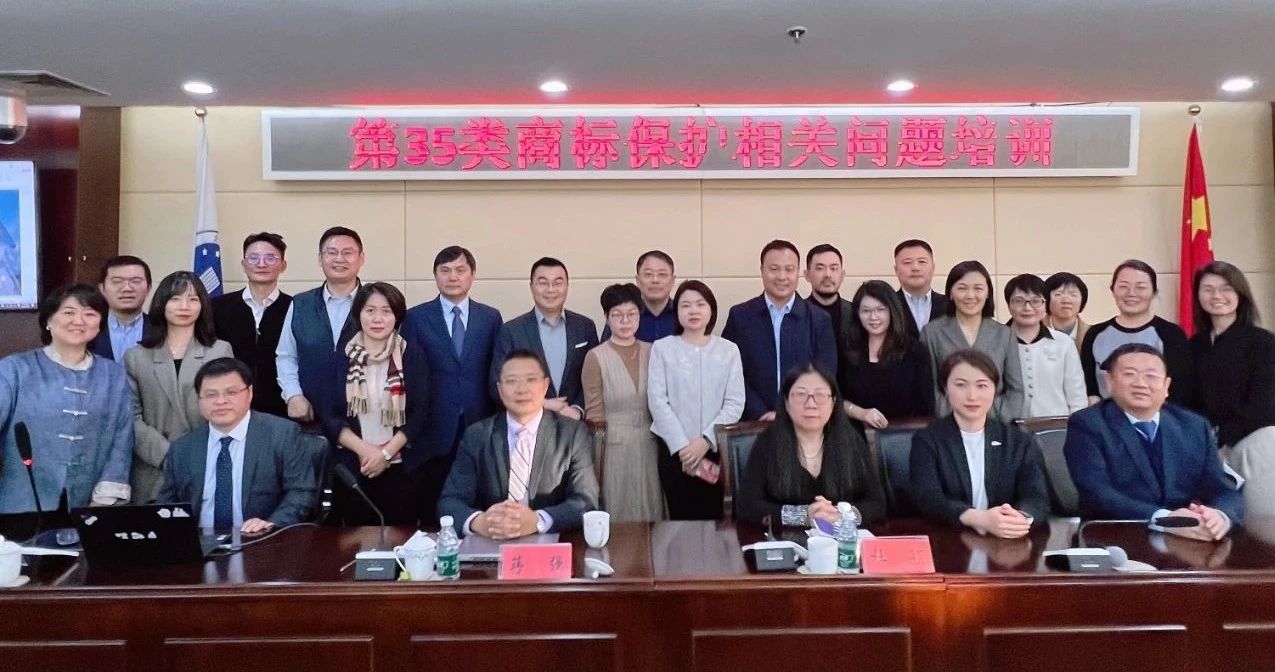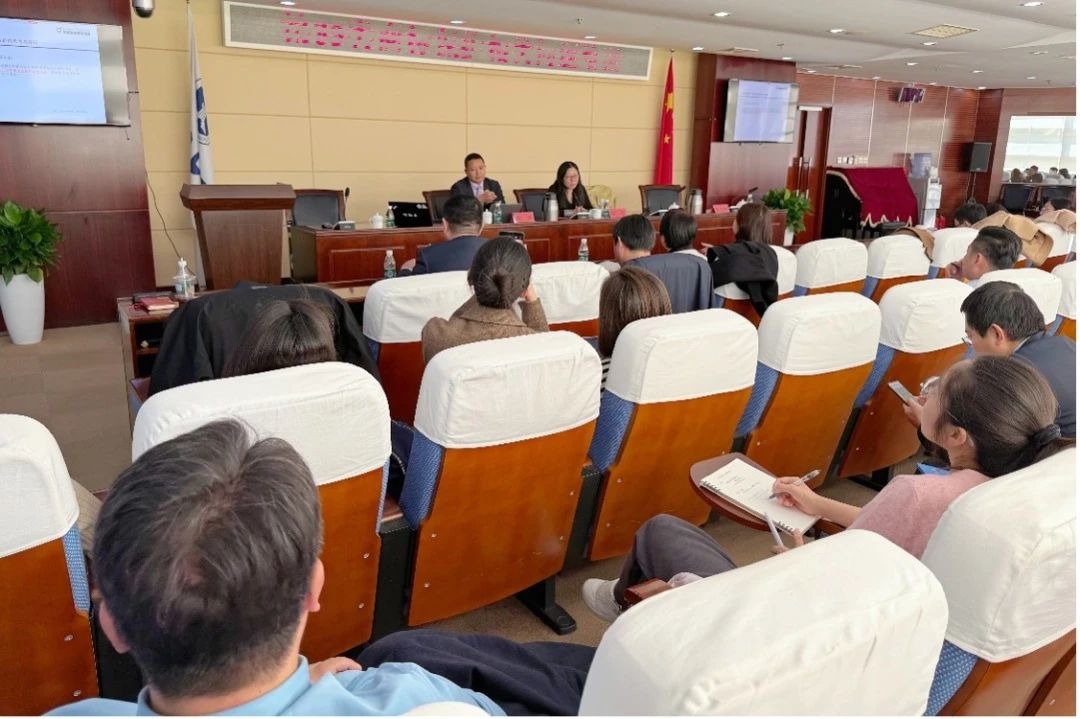On November 21, QBPC Legal Committee and the Beijing Lawyers Association (BLA) Trademark Committee co-host a workshop addressing hot and new topics in trademark law, specifically emphasizing the protection of Class 35 trademarks and civil liability related to malicious trademark squatting. More than 80 representatives attended the workshop, both in person and online.

First, Legal Committee Vice Chair Amelie Chen and BLA Vice President Hu Zhanquan delivered opening remarks. Amelie briefly introduced the QBPC and explained that the collaboration with the BLA Trademark Committee aimed to address pressing and complex issues in trademark law. She expected that through in-depth discussions, members would receive clear guidance on trademark application, registration, and protection. Hu noted that the QBPC and the BLA Trademark Committee have been dedicated to advancing China's intellectual property rights (IPR) judicial reform and have made significant contributions to combating infringement and counterfeiting. He looked forward to a new chapter in IPR protection alongside all attendees in the future.

In the sharing session hosted by BLA Trademark Committee Deputy Director XU Jie, Deputy Director ZHANG Ying analyzed a cross-century trademark dispute and provided a comprehensive explanation of the definitions of “drug sales,” “drug wholesale or retail,” and “sales promotion for others” as well as the differences between them in legal practice. Additionally, she clarified the use of trademarks in drug sales and the characteristics of Class 35 services. Deputy Director SHEN Jian summarized the judicial practice related to the service of “sales promotion for others” and engaged in an in-depth discussion about its characteristics within legal contexts, offering pertinent observations and recommendations. Secretary General TIAN Long focused on the controversies over the judicial practices of trademark protection in Class 35. He analyzed the complexities of cross-class protection for well-known trademarks and the uncertainties regarding the positioning of the nature of trademark in Class 35 through specific case studies. Deputy Director XIAO Yuexin provided an interpretation of the term “for others” in Class 35 “sales promotion for others” from the perspective of administrative cases. She emphasized that this service was by nature non-sales activity designed to enhance the sales of goods owned by others. Finally, Deputy Director SHANG Jiaquan explained the legal evaluation of malicious squatting, analyzing its legal nature and treatment in judicial practice through specific cases, which provided legal insights and practical references for understanding and addressing malicious squatting.

In the comments and insights session, DU Ying, Director of the Intellectual Property Research Center at the Central University of Finance and Economics and Co-Director of the Research Center for Digital Economy and Rule of Law, and Jiang Qiang, former Judge of the Intellectual Property Division of the Beijing Municipal Higher People's Court, engaged in an in-depth discussion regarding the controversies over the protection of Class 35 trademark categories in judicial practice. Through specific cases, they analyzed the current challenges associated with the protection of Class 35 trademarks, including the role of the distinguishing table and the criteria for assessing similar goods. They emphasized that the protection of Class 35 trademarks in judicial practice depended on the circumstances of specific cases while market realities and the usage patterns of commercial entities had to be considered. Additionally, they proposed solutions to address the challenges posed by new industries, products, and services as well as hoping that relevant laws and regulations could be further refined in the future to provide enhanced legal protection for businesses.

In Q&A session, participants posed a series of pertinent questions such as disputes regarding the trademark management of sub-brands within multinational corporations, issues related to trademark usage in e-commerce advertisements, trademark defense and squatting, as well as trademark review. The panel and guest speakers gave detailed answers accordingly. Finally, BLA Trademark Committee Director GUO Dongke provided a summary of the workshop.

